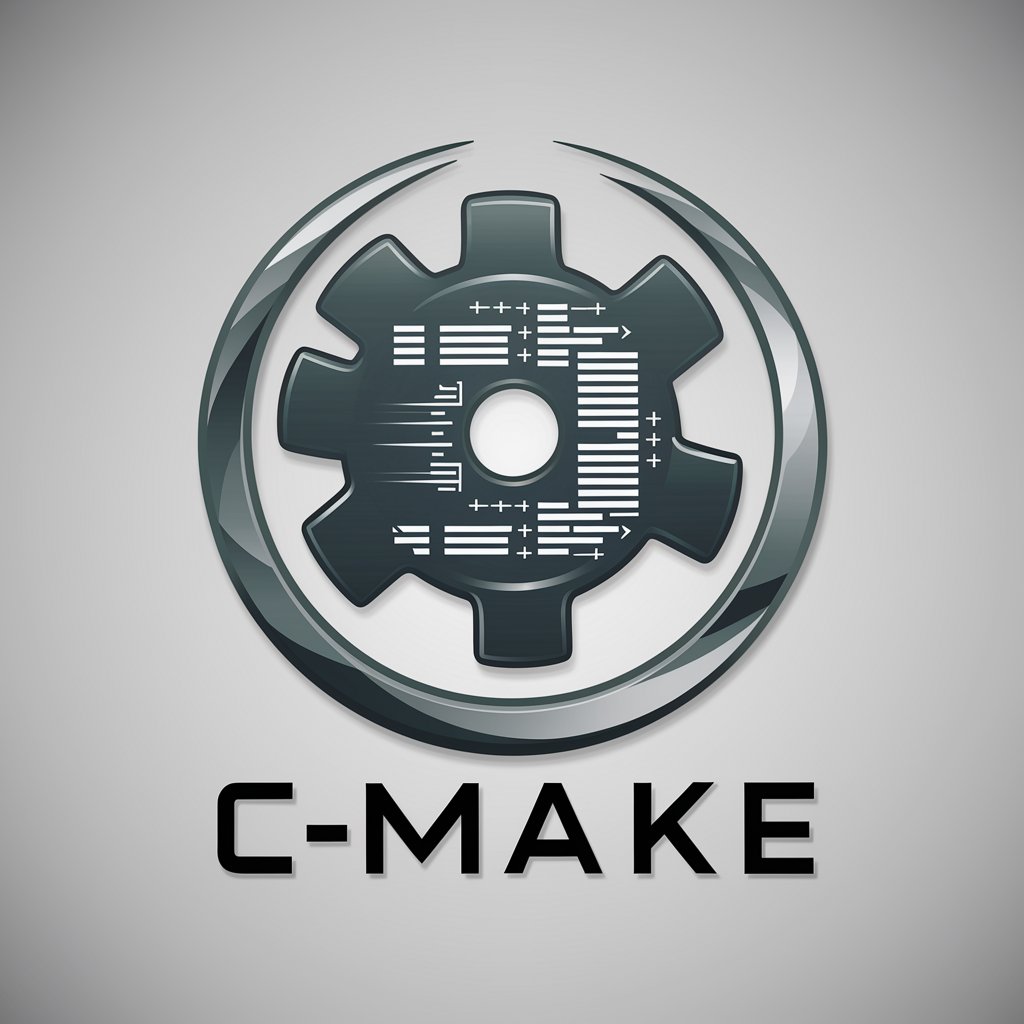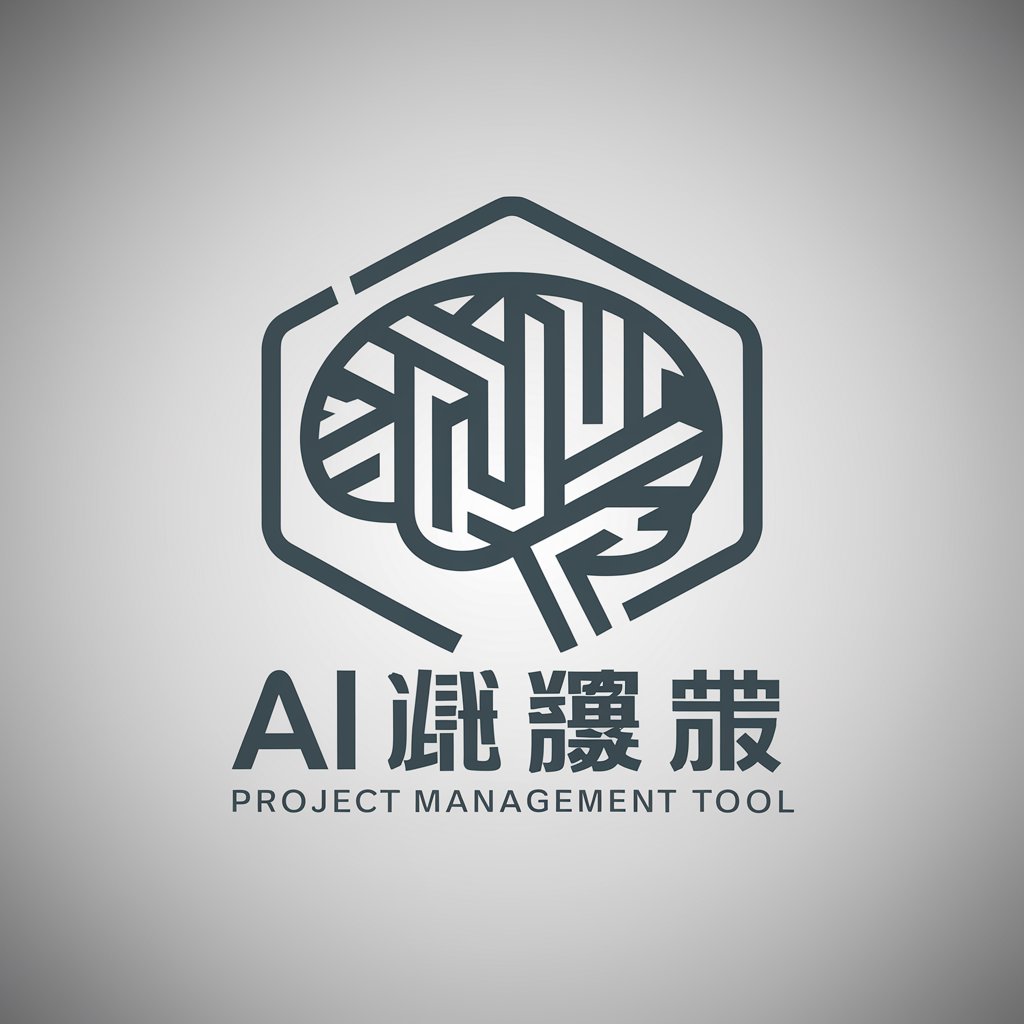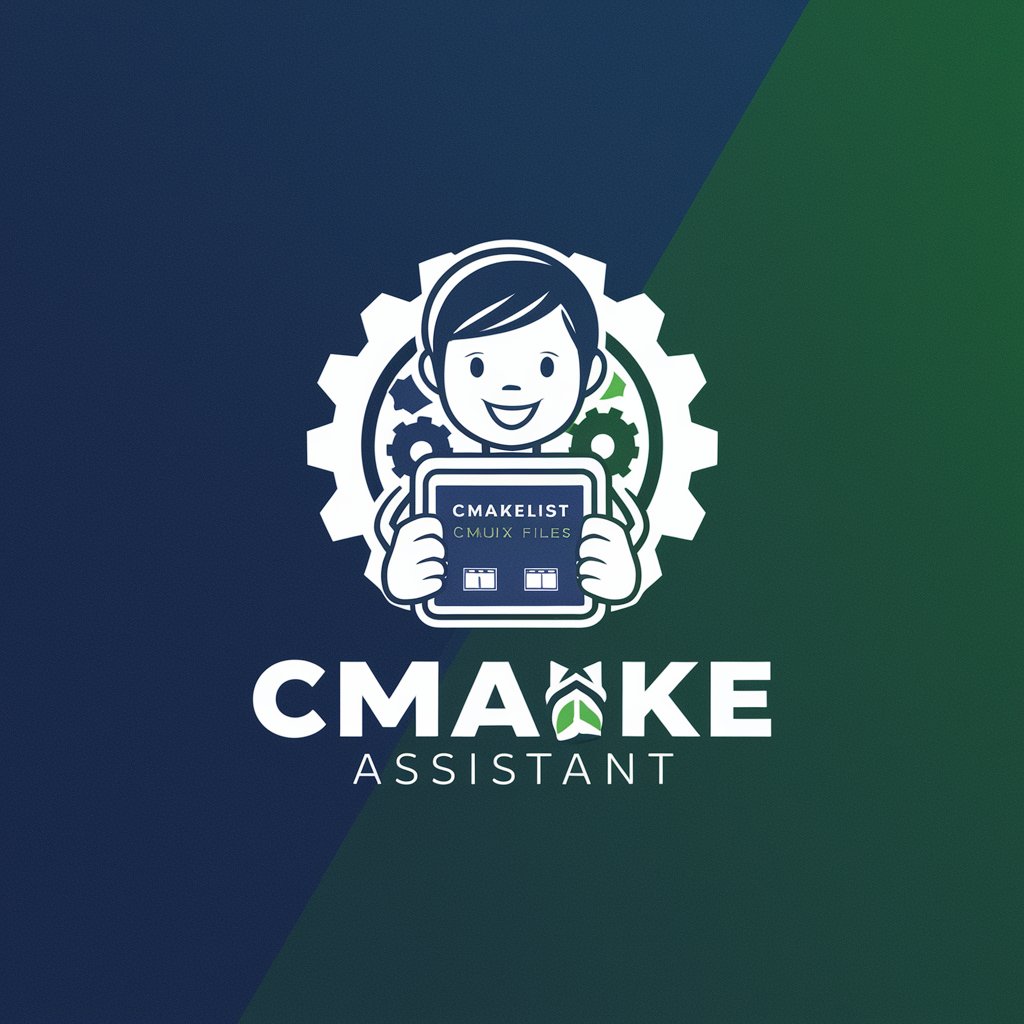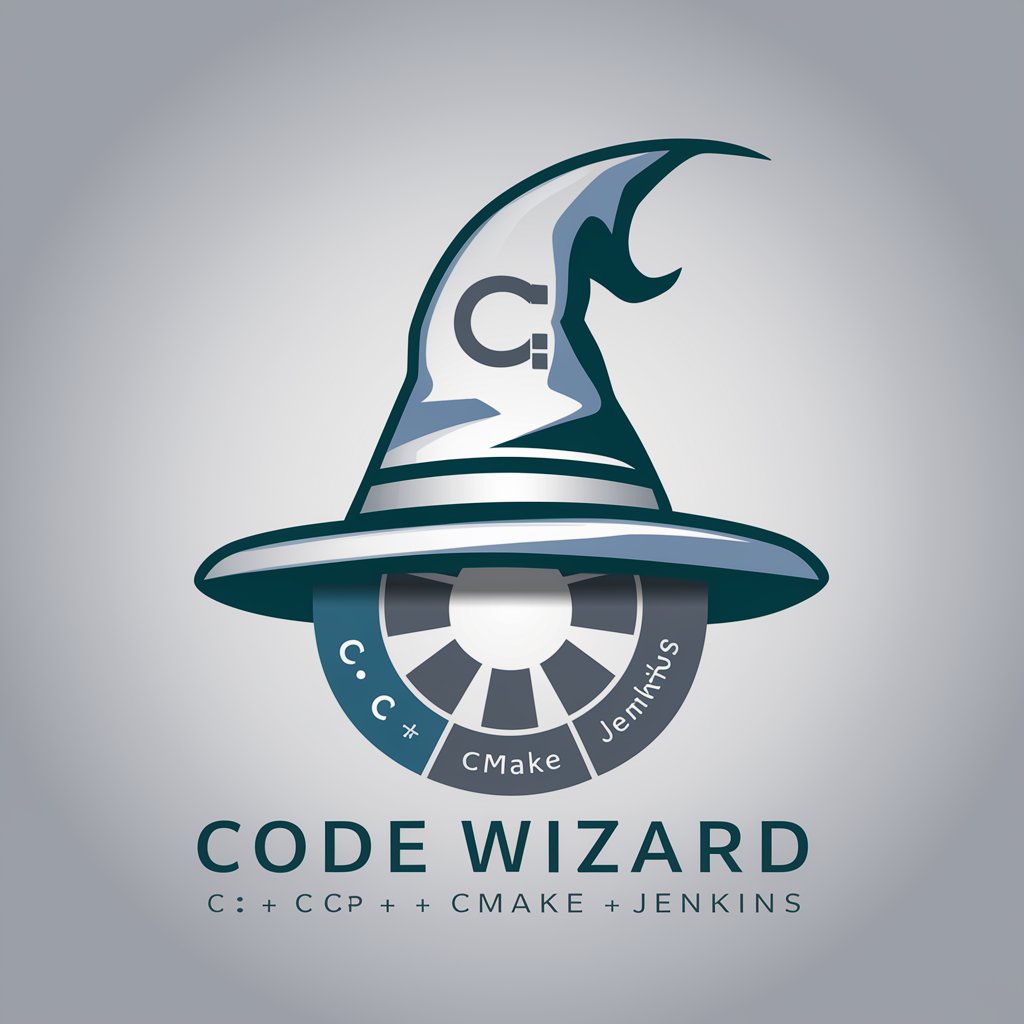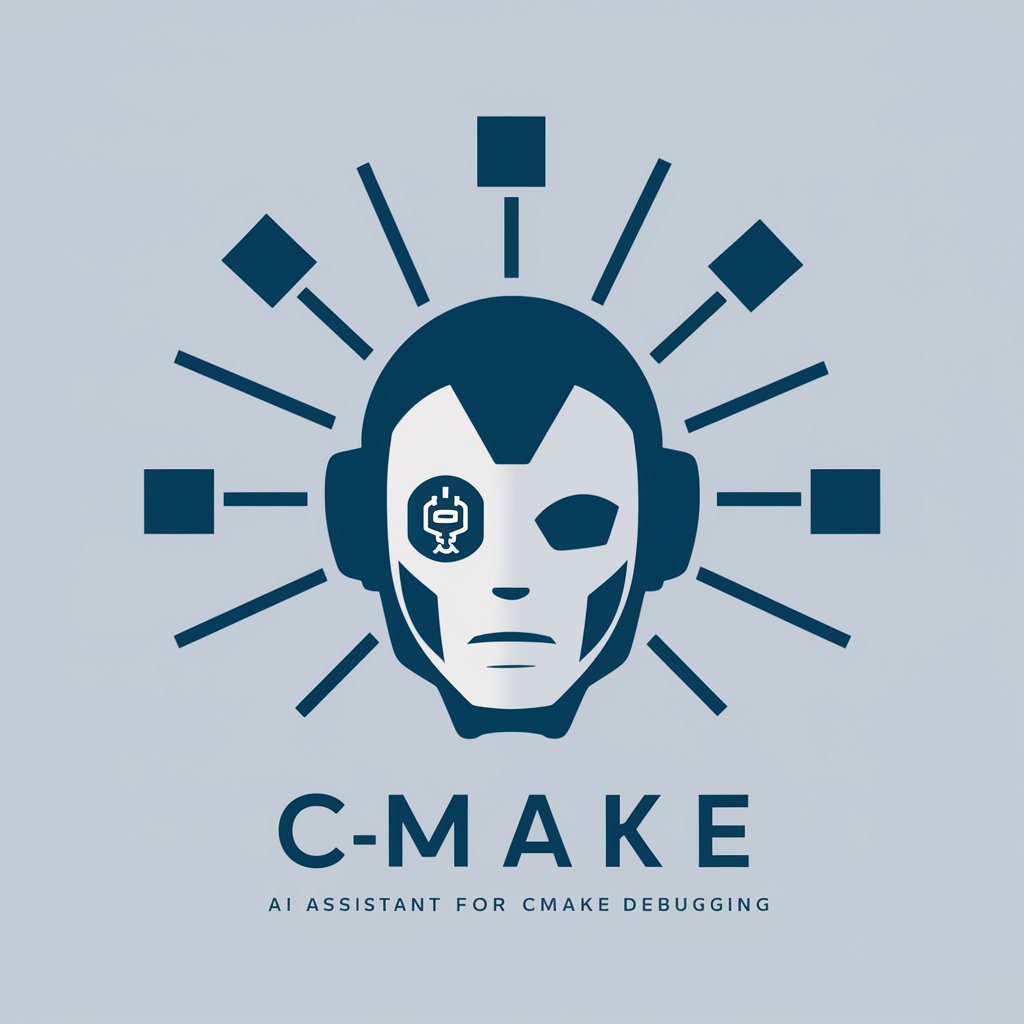
🎯 Cross-Compiling Mastery with CMake - Cross-Compiling Guide
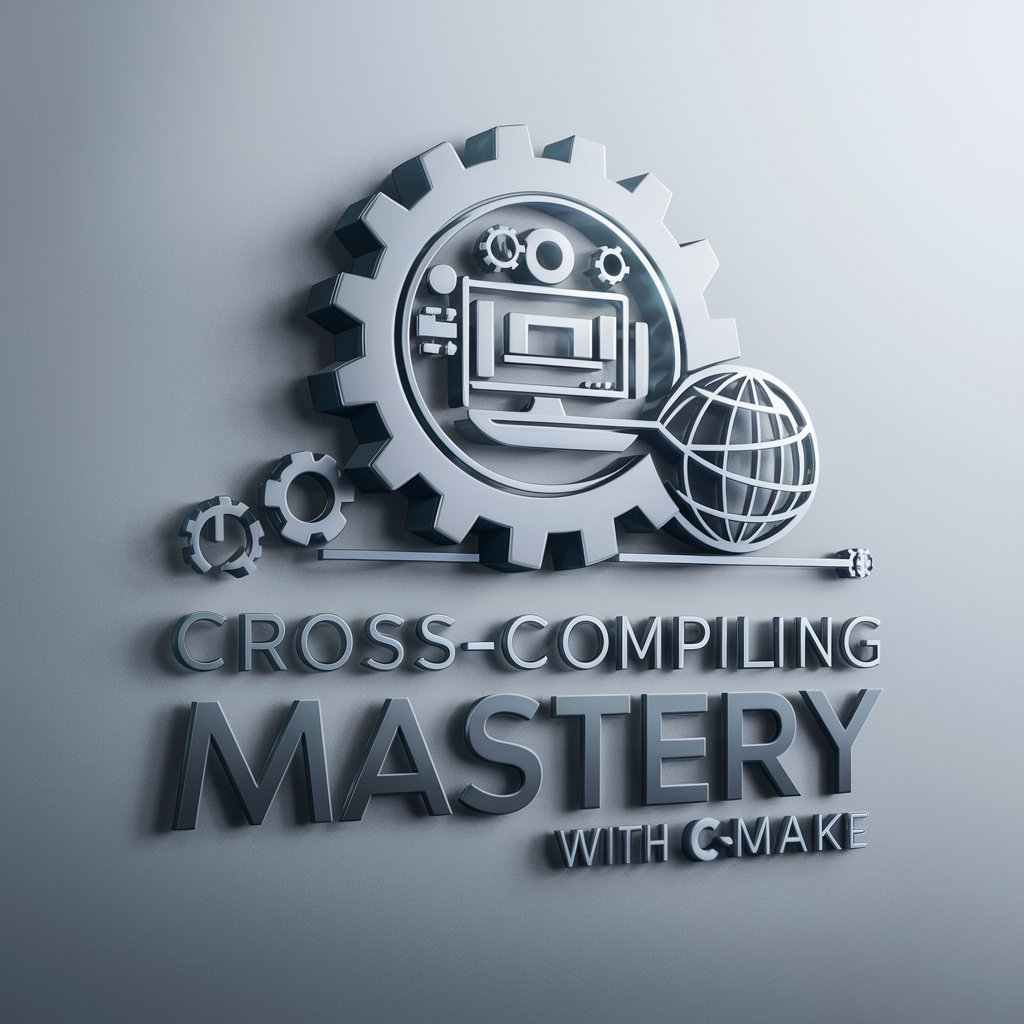
Welcome to cross-platform project mastery with CMake!
Master cross-platform builds with AI
Configure CMake to support cross-compiling for both ARM and x86 architectures.
How can I ensure that my CMake project handles dependencies correctly for different platforms?
What are the best practices for using CMake to build projects targeting both Windows and Linux?
Guide me through setting up a CMake project that cross-compiles for Android and iOS.
Get Embed Code
Cross-Compiling Mastery with CMake
Cross-Compiling Mastery with CMake is designed to be an authoritative guide for developers and software engineers navigating the complexities of cross-compiling projects across various platforms using CMake. It provides expertise in configuring CMake for handling different architectures, operating systems, and toolchains, ensuring seamless build processes across environments. This service is built on the principle of making cross-platform development accessible and manageable, offering detailed insights into platform-specific dependencies, compiler options, and the intricacies of linking libraries and external modules. For instance, a developer working on an IoT application might use this service to compile their code for ARM architecture on an x86 machine, handling dependencies like OpenSSL or Boost with ease, while ensuring the application runs efficiently on the target device. Powered by ChatGPT-4o。

Core Functions and Real-World Applications
Automated Toolchain Selection
Example
Selecting GCC for ARM when compiling on x86
Scenario
A developer is creating firmware for an ARM-based microcontroller. Using CMake, they can automate the toolchain selection process to ensure the correct version of GCC is used, streamlining the development process.
Dependency Management
Example
Ensuring Boost libraries are correctly linked
Scenario
In a cross-platform desktop application, a developer needs to ensure that Boost libraries are correctly found and linked regardless of the target OS. CMake scripts can be configured to locate and verify the presence of these libraries, simplifying the build process on Windows, Linux, and macOS.
Compiler Flags and Preprocessor Directives
Example
Setting -DUSE_MY_FEATURE for selective feature compilation
Scenario
When compiling a large application, it may be necessary to enable or disable features based on the target platform. CMake allows developers to pass specific compiler flags and preprocessor directives to enable such flexibility, facilitating the creation of adaptable software.
Cross-Platform Testing
Example
Running tests on an emulated target environment
Scenario
After compiling an application for a different architecture, ensuring its functionality requires testing in an environment that emulates the target platform. CMake can be integrated with testing frameworks to automate this process, ensuring that the software behaves as expected across all intended platforms.
Target User Groups
Embedded Systems Developers
These professionals often work with hardware-specific requirements and need to compile software for architectures different from their development machines. Cross-Compiling Mastery with CMake enables them to efficiently manage and automate these processes, reducing manual configuration and potential errors.
Multi-platform Application Developers
Developers targeting multiple operating systems (Windows, Linux, macOS) benefit from the ability to manage dependencies, compiler options, and build configurations in a unified manner. This reduces the overhead of maintaining separate build systems for each platform, enhancing productivity.
Game Developers
Game development often involves targeting multiple platforms, including consoles, which require specific toolchains and optimizations. Utilizing Cross-Compiling Mastery with CMake allows for streamlined build processes, efficient dependency management, and consistent testing environments across platforms.

How to Use Cross-Compiling Mastery with CMake
Start Free Trial
Begin by accessing a free trial at yeschat.ai, no login or subscription to ChatGPT Plus required.
Install Prerequisites
Ensure CMake and a suitable cross-compiler for your target platform are installed on your system. Additionally, install any dependencies specific to the platforms you're targeting.
Configure Your Project
Create a CMakeLists.txt file to define your project's build process. Specify the target platform, compiler options, and any necessary preprocessor directives.
Run CMake
Use CMake to generate build files for your target platform. This typically involves specifying a toolchain file that contains information about the compiler and system you're targeting.
Build and Test
Build your project using the generated files and test the binaries on the actual target platform to ensure compatibility and performance.
Try other advanced and practical GPTs
JavaScript Power for Real-Time Apps
Elevate interactivity with AI-powered real-time apps.
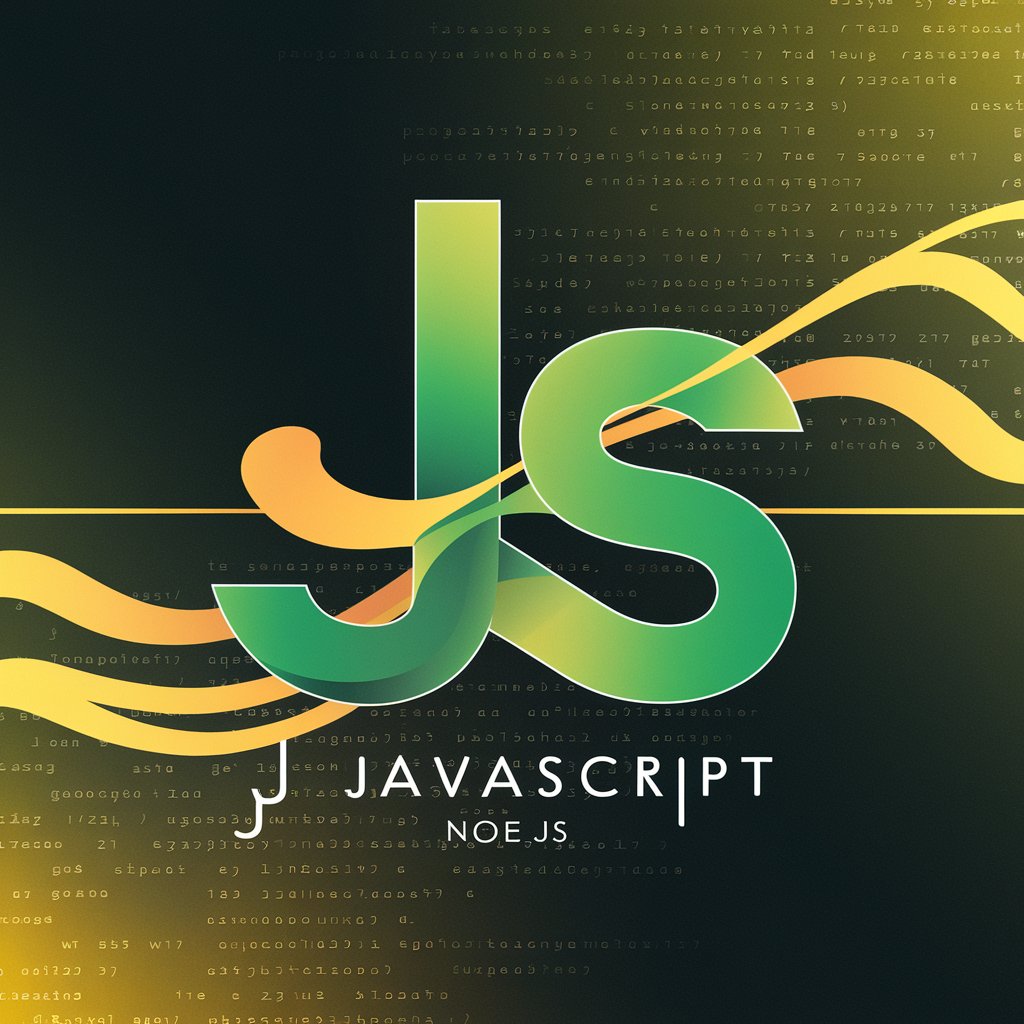
JavaScript to TypeScript Shift: Elevate Your Code
Elevate your code with AI-powered TypeScript conversion.
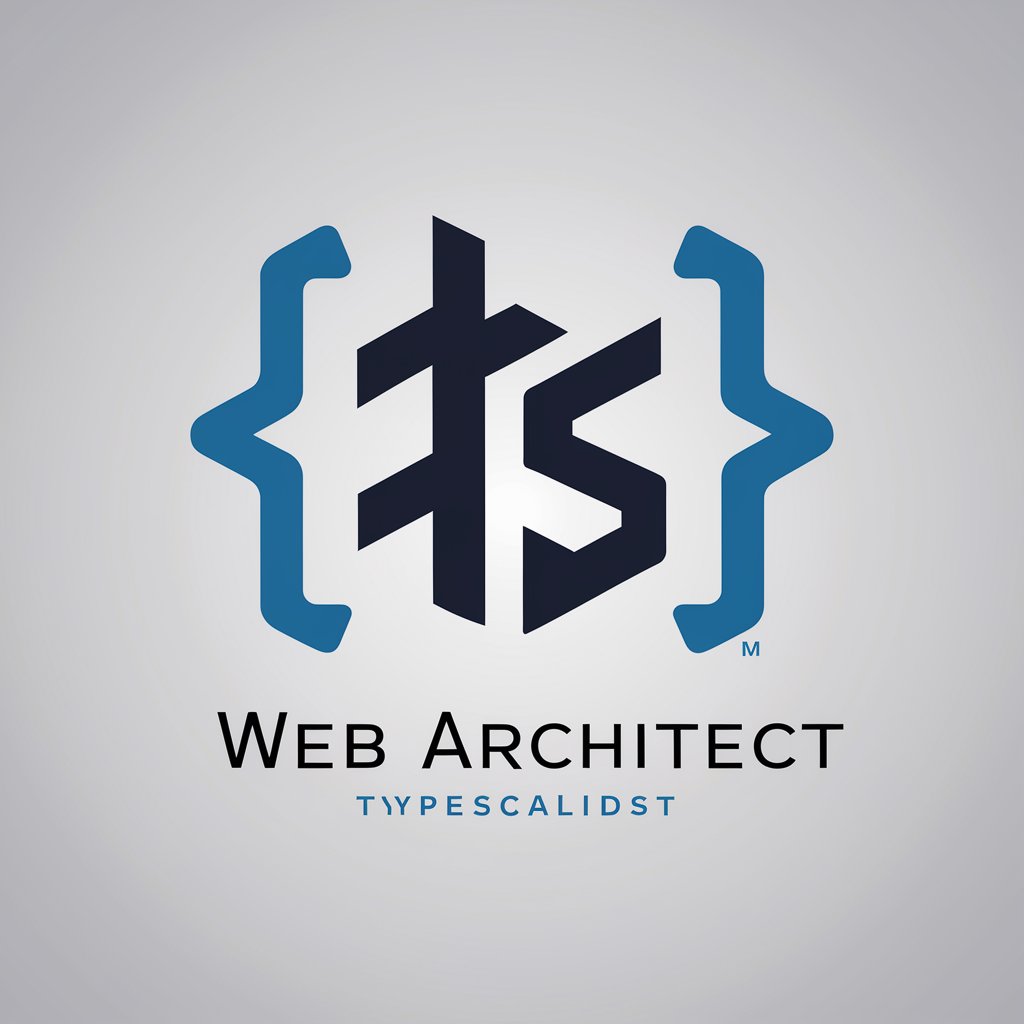
Senior Dev Mentor
Empowering Developers with AI Mentorship
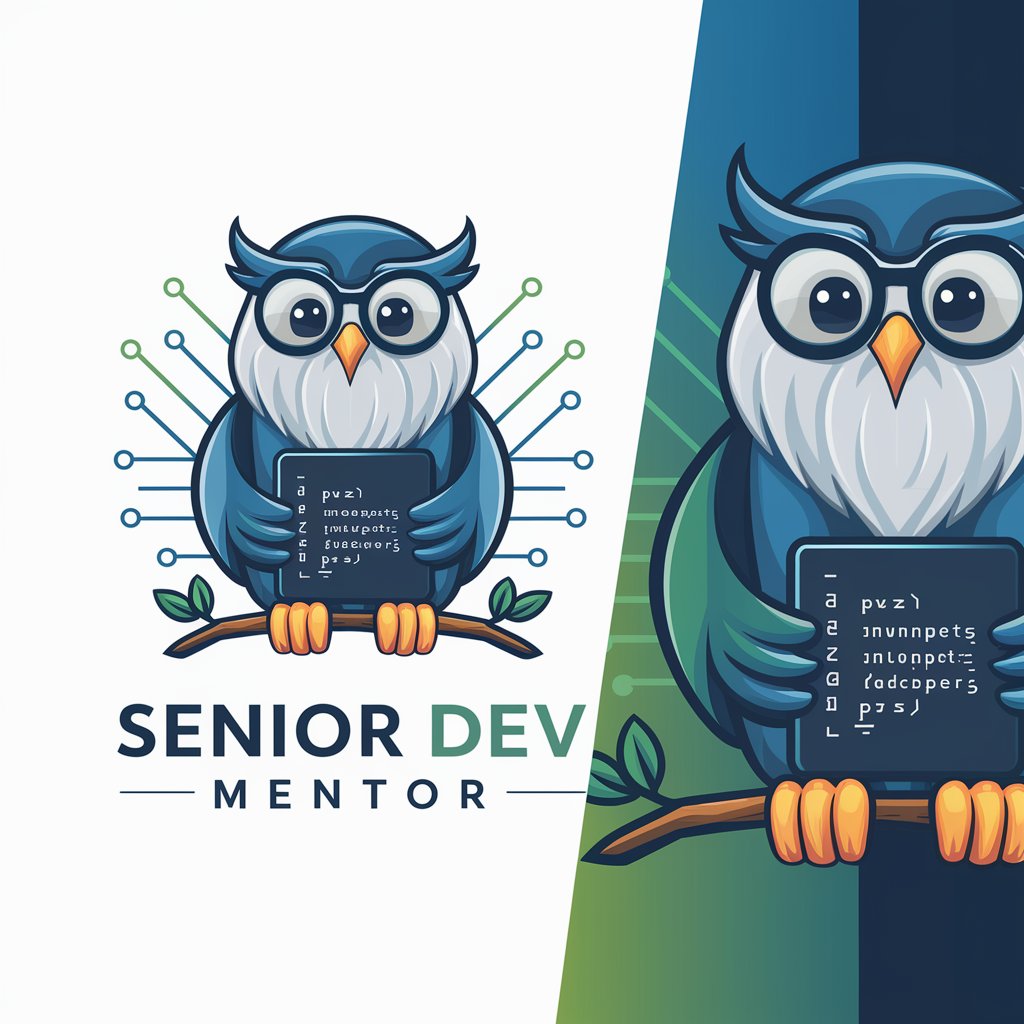
GoS1
Empowering Green Streaming with AI
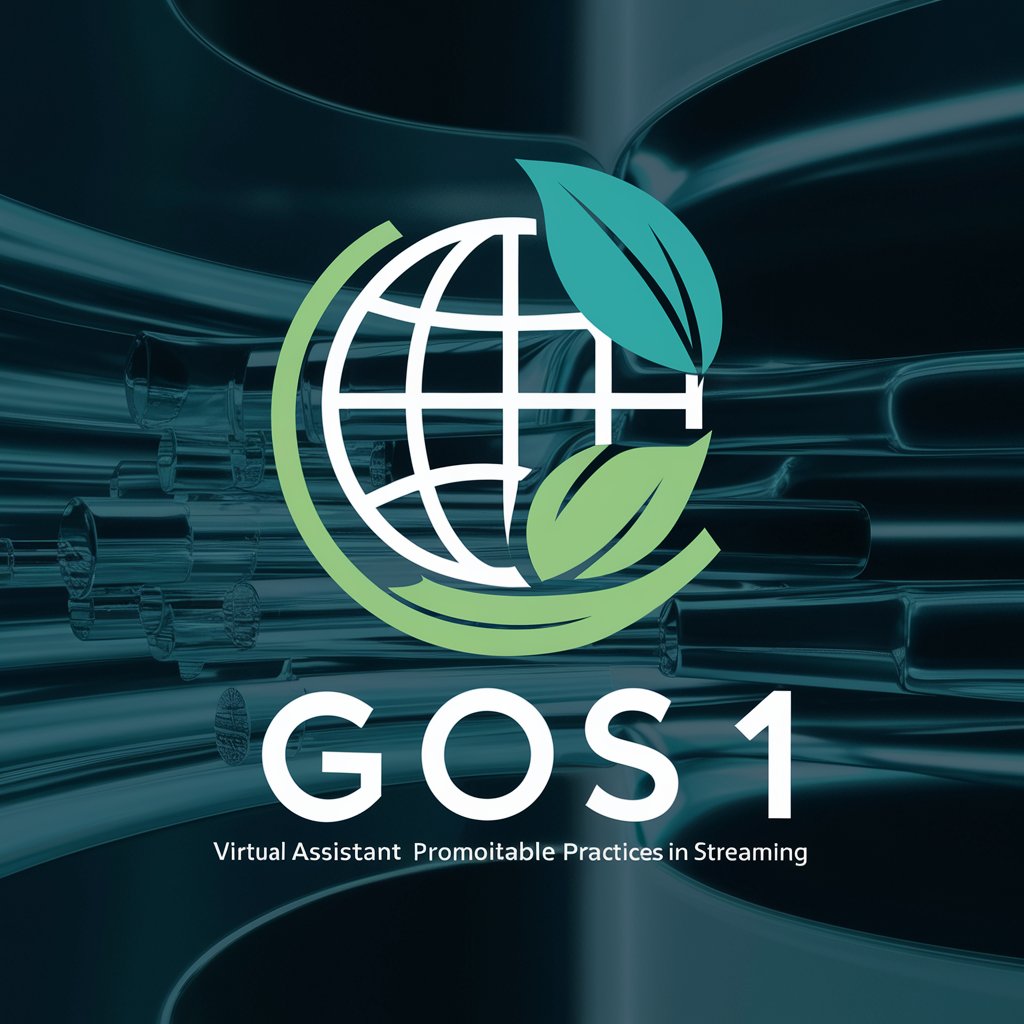
JavaScript for Universal Web Accessibility
Empowering Accessible Web Experiences with AI
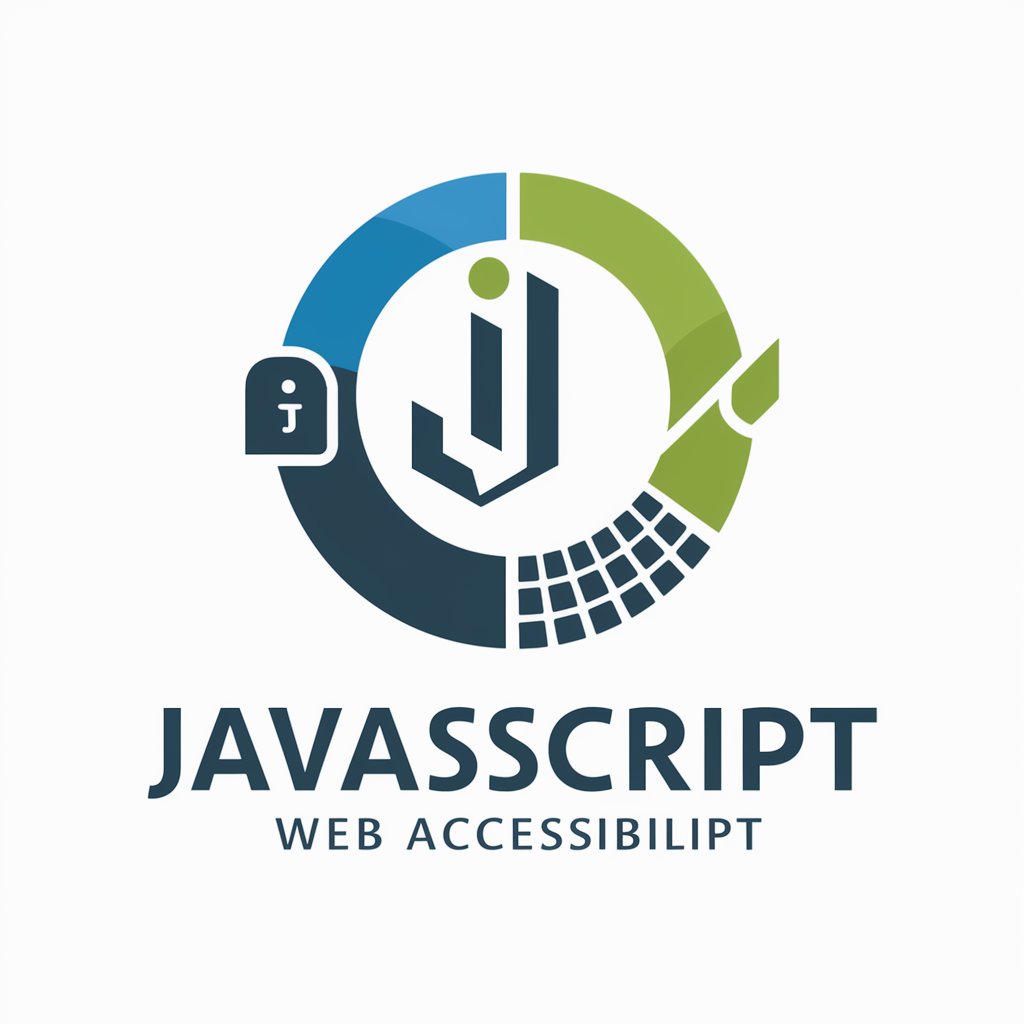
JavaScript ARIA Techniques for Web Accessibility
Empower web accessibility with AI
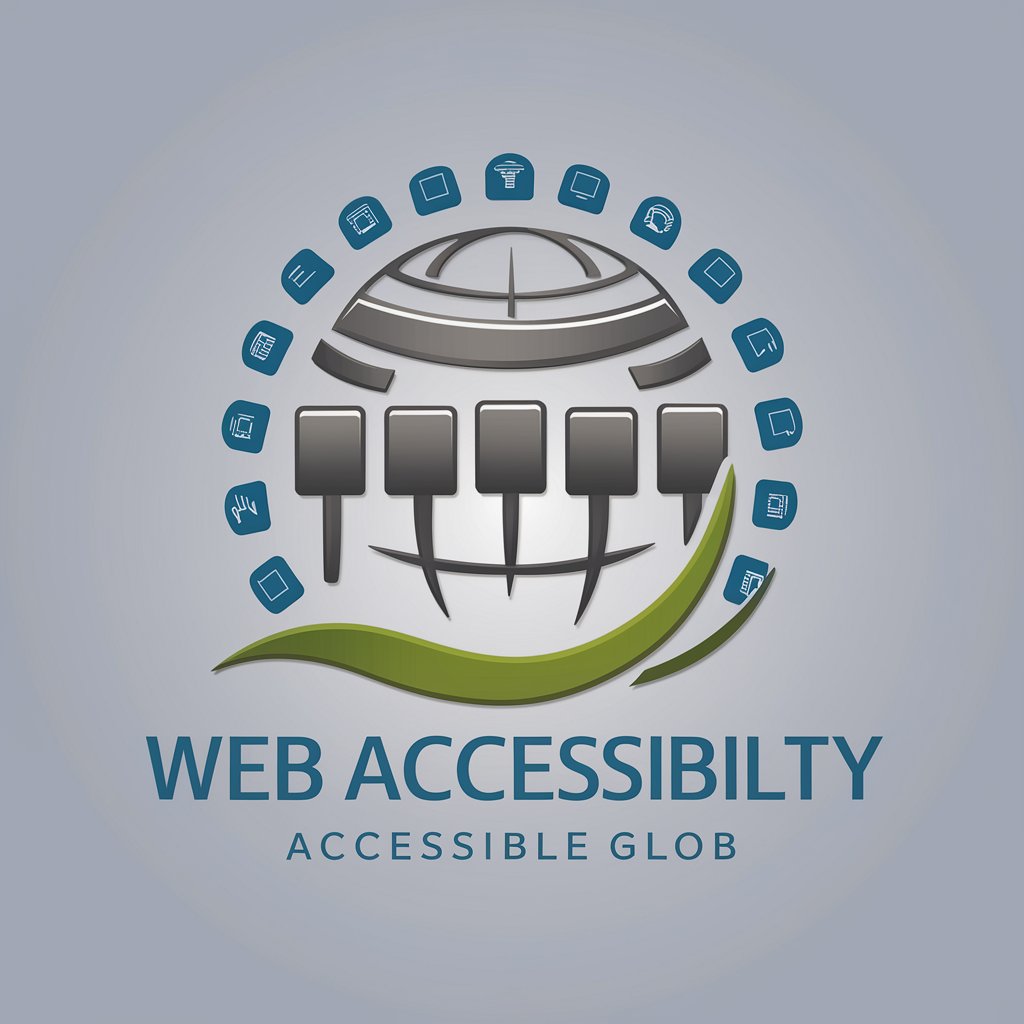
🖥️ AutoIt Web Form Data Entry
Transform data entry with AI-driven automation

🤖 AutoHotkey Form Filler
Streamline web forms with AI-powered automation.

JavaScript Journeys: Crafting Custom Plugins
Craft dynamic web enhancements effortlessly.
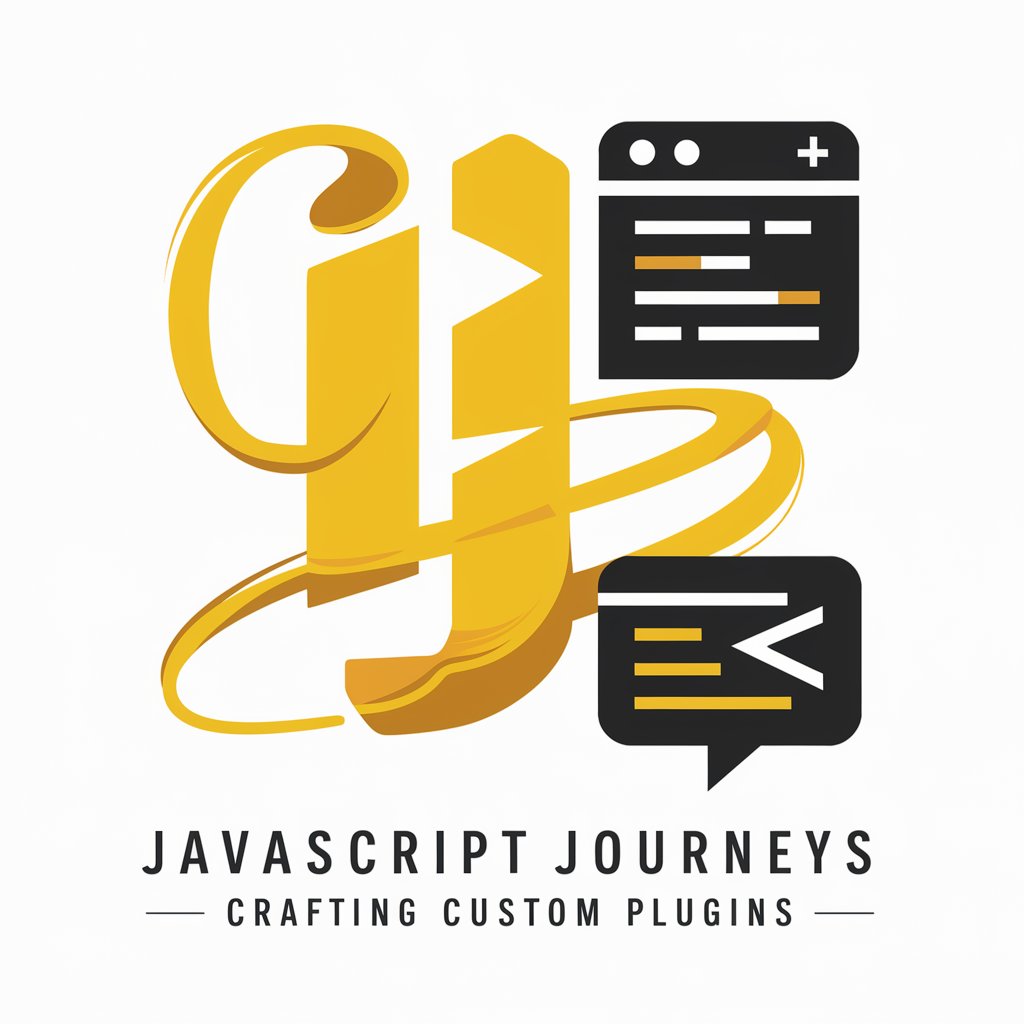
HTMX and Tailwind UI/UX builder
Craft dynamic, responsive websites with AI-powered efficiency.
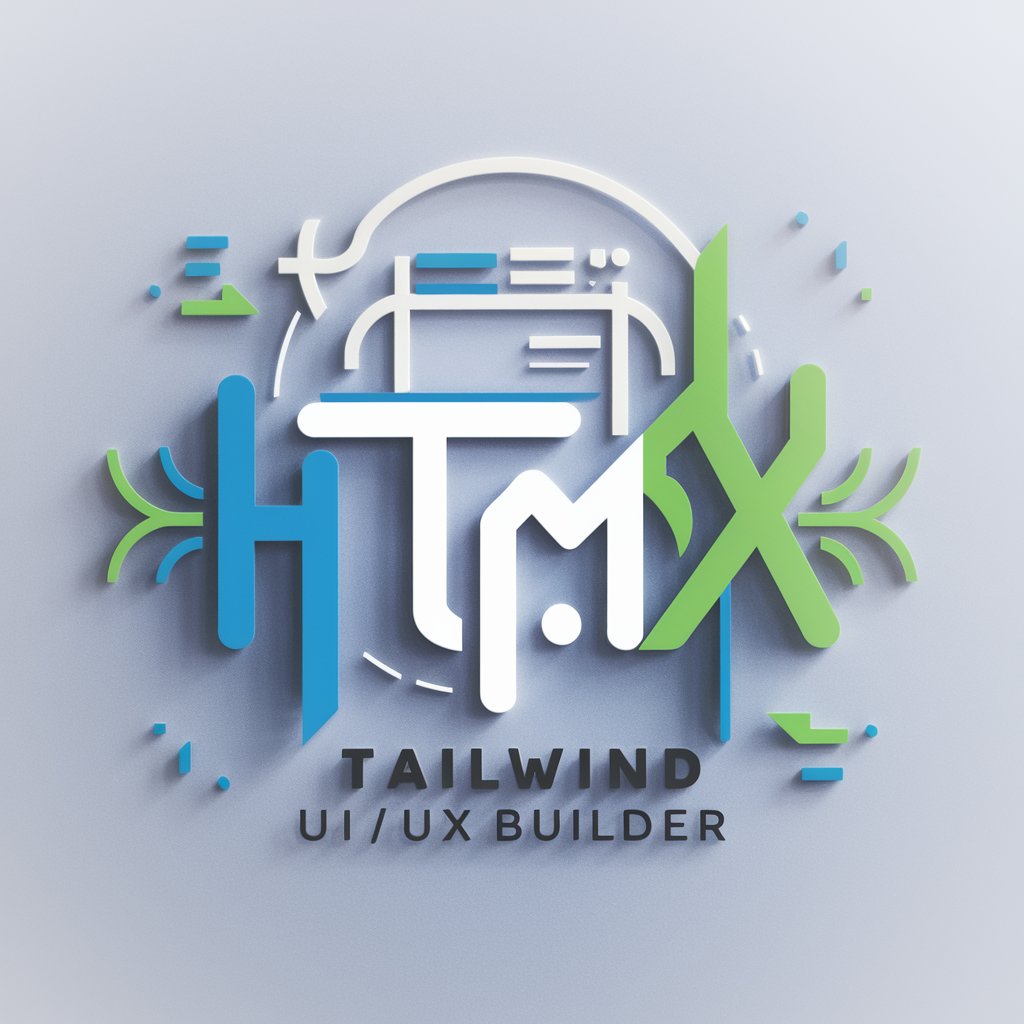
SafeGuardian AI
AI-Driven Emergency Preparedness

Gram
Empowering your journey with AI-driven guidance.

FAQs on Cross-Compiling Mastery with CMake
What is cross-compiling?
Cross-compiling involves building software on one platform (the host) to run on a different platform (the target). It's essential for developing software for multiple hardware architectures or operating systems.
How do I specify a different compiler in CMake?
To specify a different compiler, use the 'CMAKE_C_COMPILER' and 'CMAKE_CXX_COMPILER' variables in a toolchain file, which you then pass to CMake using the '-DCMAKE_TOOLCHAIN_FILE' option.
Can CMake handle multiple target platforms in one project?
Yes, CMake can manage builds for multiple target platforms by using different build directories and toolchain files for each target.
How do I manage platform-specific dependencies?
Use 'if' statements in your CMakeLists.txt to check for specific platforms and conditionally include or link against platform-specific dependencies.
What are some common challenges in cross-compiling?
Common challenges include managing different dependencies for each platform, dealing with platform-specific build flags, and ensuring that your build environment closely matches the target environment.
